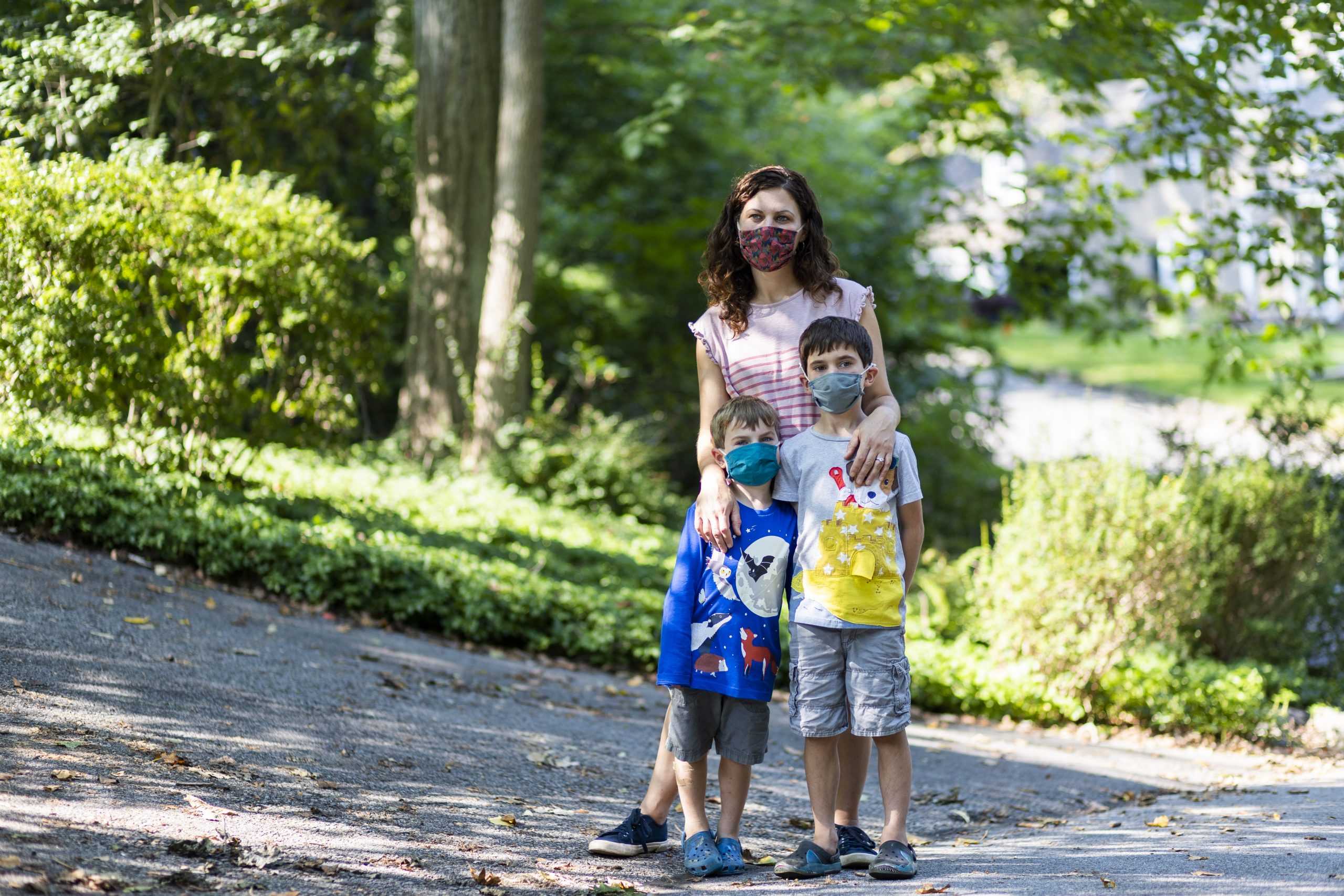We need to take precautions to operate in-person
When St. Joe’s announced over the summer that the upcoming fall semester would be conducted fully in-person, many within the campus community were excited. After almost three semesters of online and hybrid learning, a return to normalcy has been long awaited.
However, there was hesitation and concern from students and faculty due to the evolving and unpredictable nature of COVID-19 and its variants.
Now, five weeks into the fall semester, many students and faculty still have concerns about COVID-19, their own health and safety, and the health and safety of their loved ones. In the classroom, it seems like COVID-19 restrictions are being laxly enforced.
While the university is still requiring that individuals wear masks inside, there are no social distancing rules within classrooms. Wiping down surfaces is recommended, but not required. The rules that kept us safe all last year seem to have been forgotten.
If we would like to continue this semester being around one another and proceeding with on-campus learning, it is extremely important that we remain vigilant. Students should disclose their symptoms if they are experiencing any, get tested when needed and report all close contacts if they test positive.
By not disclosing symptoms or not getting tested, students are not only putting their health at risk, but also the health of other students, faculty and staff, as well as the surrounding community.
With the rise of the Delta variant and potential breakthrough infections, we must err on the side of caution. According to the Centers for Disease Control and Prevention, most individuals who contract COVID-19 are unvaccinated, and unvaccinated people have died at 11 times the rate of those who are fully vaccinated.
It seems as though many students have also begun to ignore the mask requirement, keeping their masks below their nose, or even on their chin, indoors. While professors can remind students, it should not be their job to continuously tell students to wear their masks correctly.
Front-line workers have had to wear masks for hours on end with no breaks, so it seems insignificant to complain about wearing one for an hour at a time during class. Masks are effective at reducing the risk of contracting COVID-19 and protecting us all, acting as a barrier to prevent respiratory droplets from reaching others.
While reporting symptoms, getting tested and wearing masks properly are all important safety precautions, vaccines are the most effective protection against COVID-19. On Oct.7, Rite Aid will host a vaccine clinic at St. Joe’s where they will be administering the Pfizer vaccine, which has been FDA approved. We urge those who are not vaccinated to consider attending this vaccine clinic.
All of us want things to go back to normal. The constant adjustment to different restrictions and learning modes can feel overwhelming.
But, the safety of the St. Joe’s community should always be our first priority. Many cannot afford to risk catching or transferring COVID-19, so we need to be considerate of the most vulnerable members of our community.
The Hawk welcomes Letters to the Editor, typically no more than 300 words. They can be emailed to [email protected].



















































